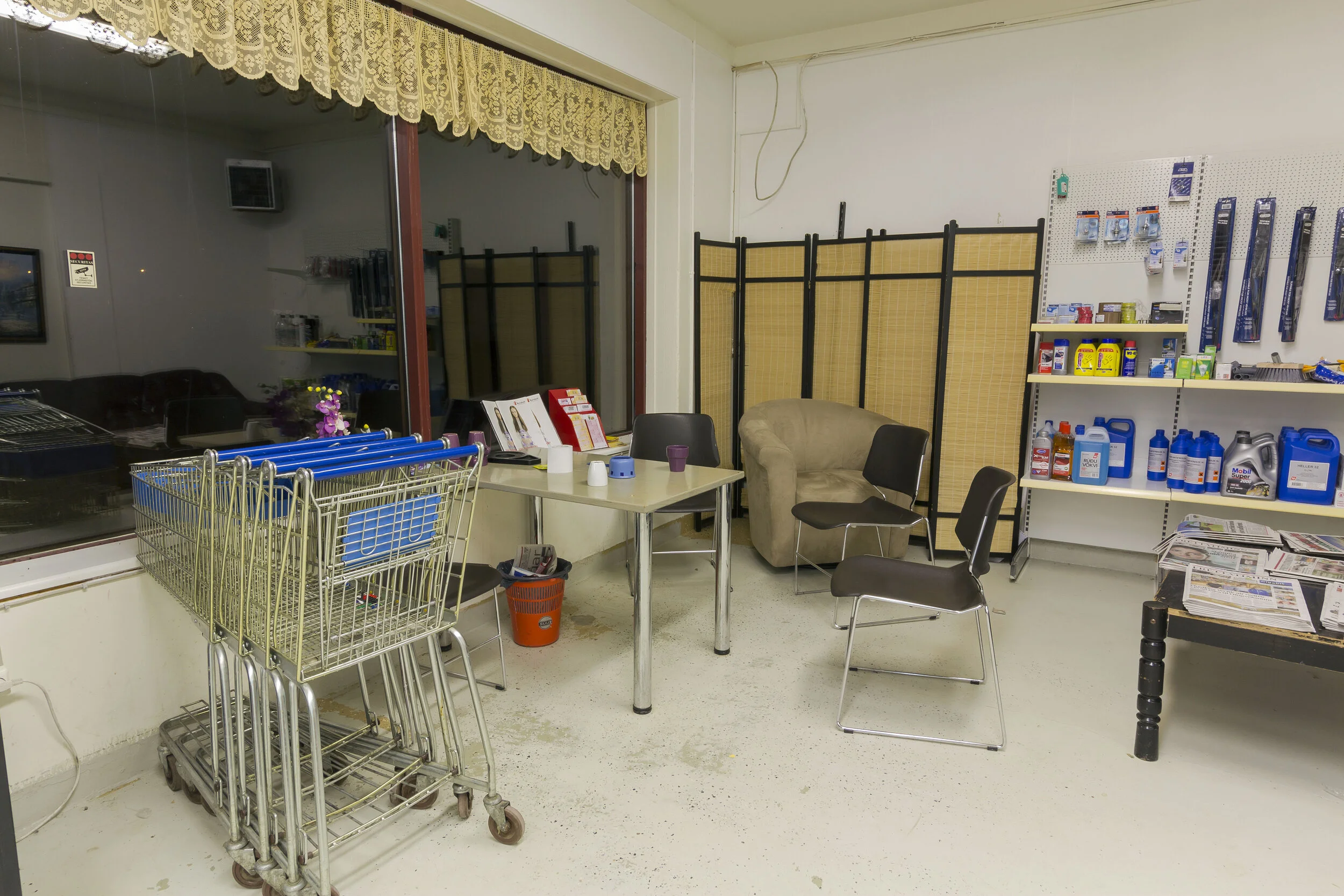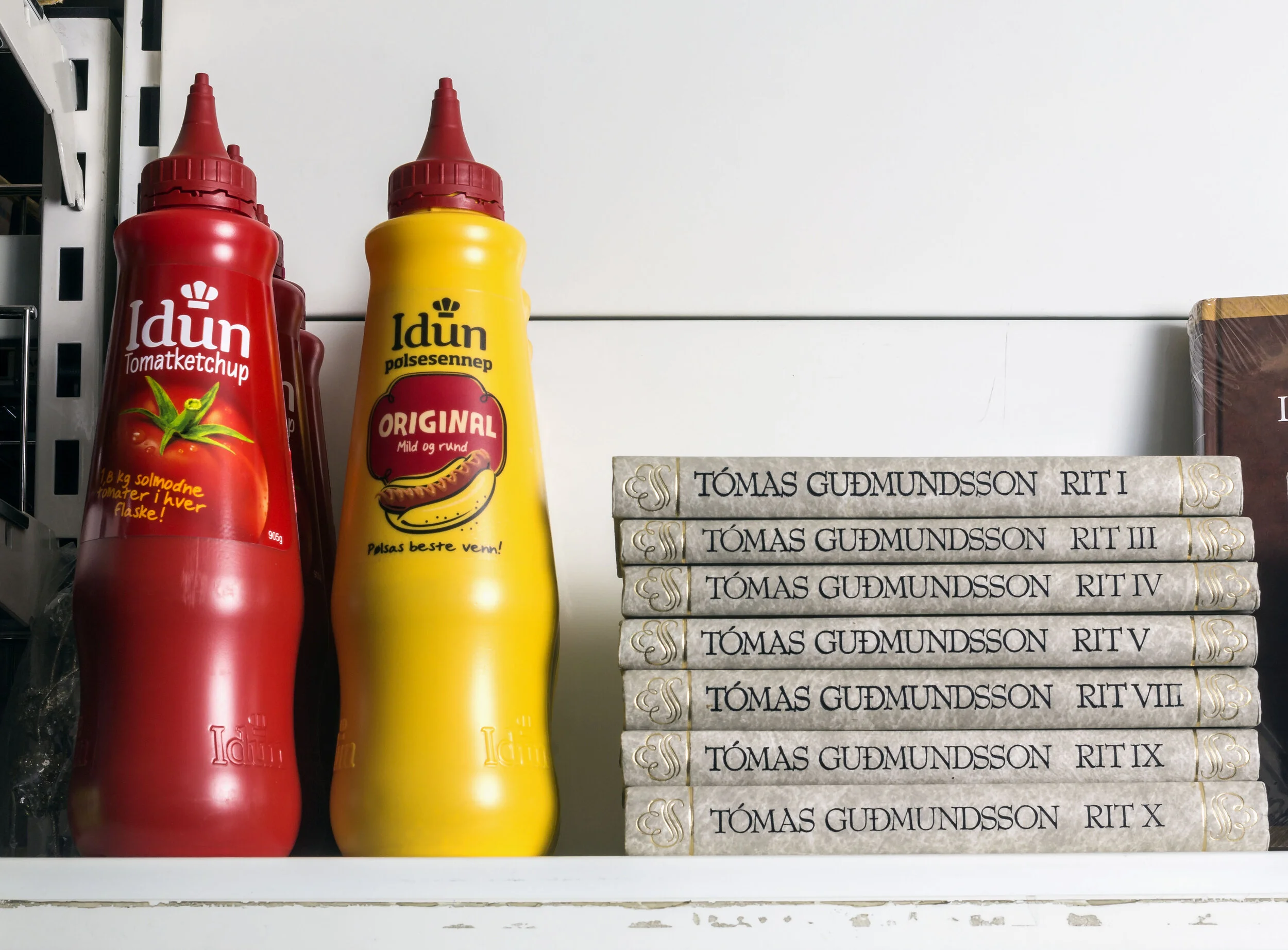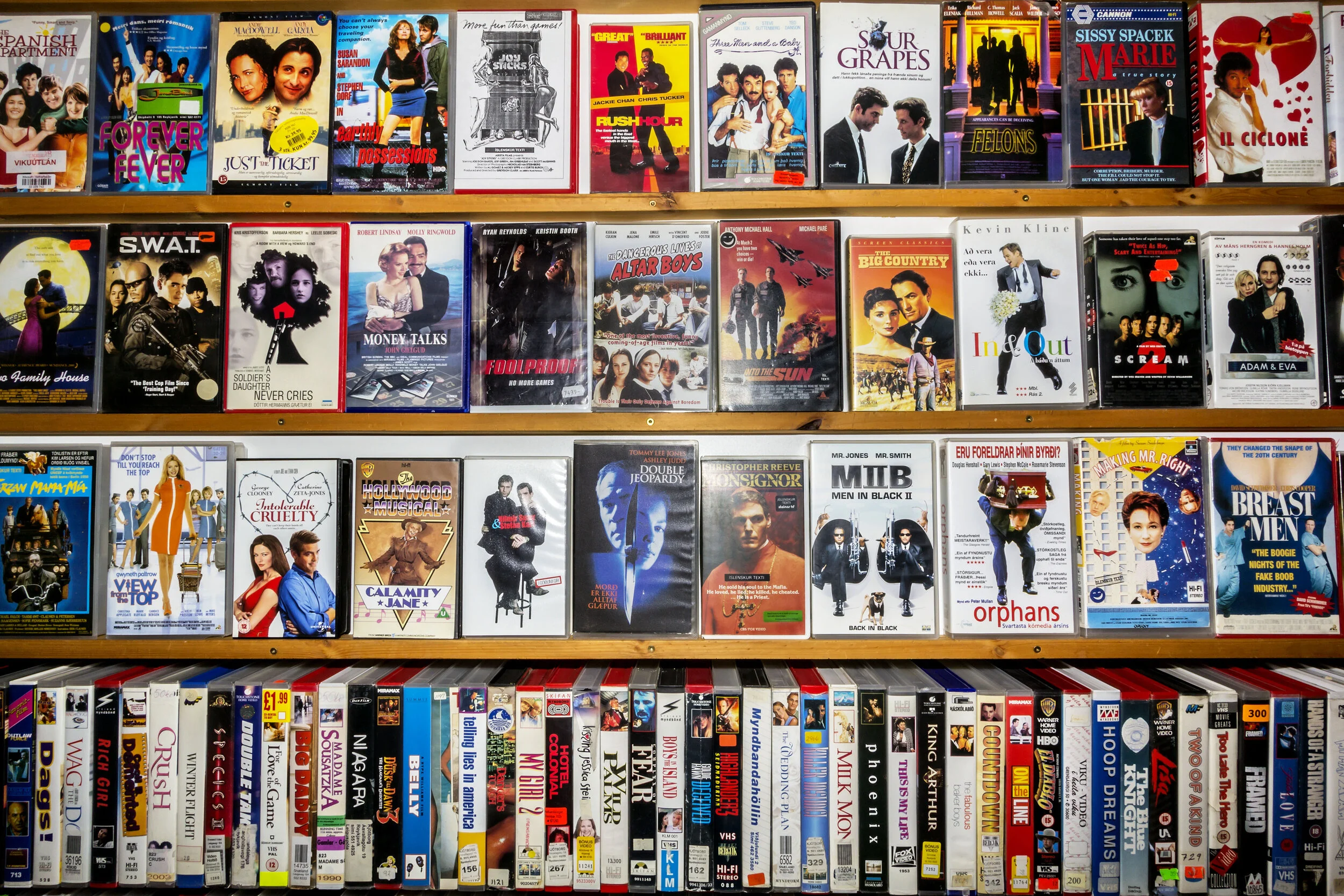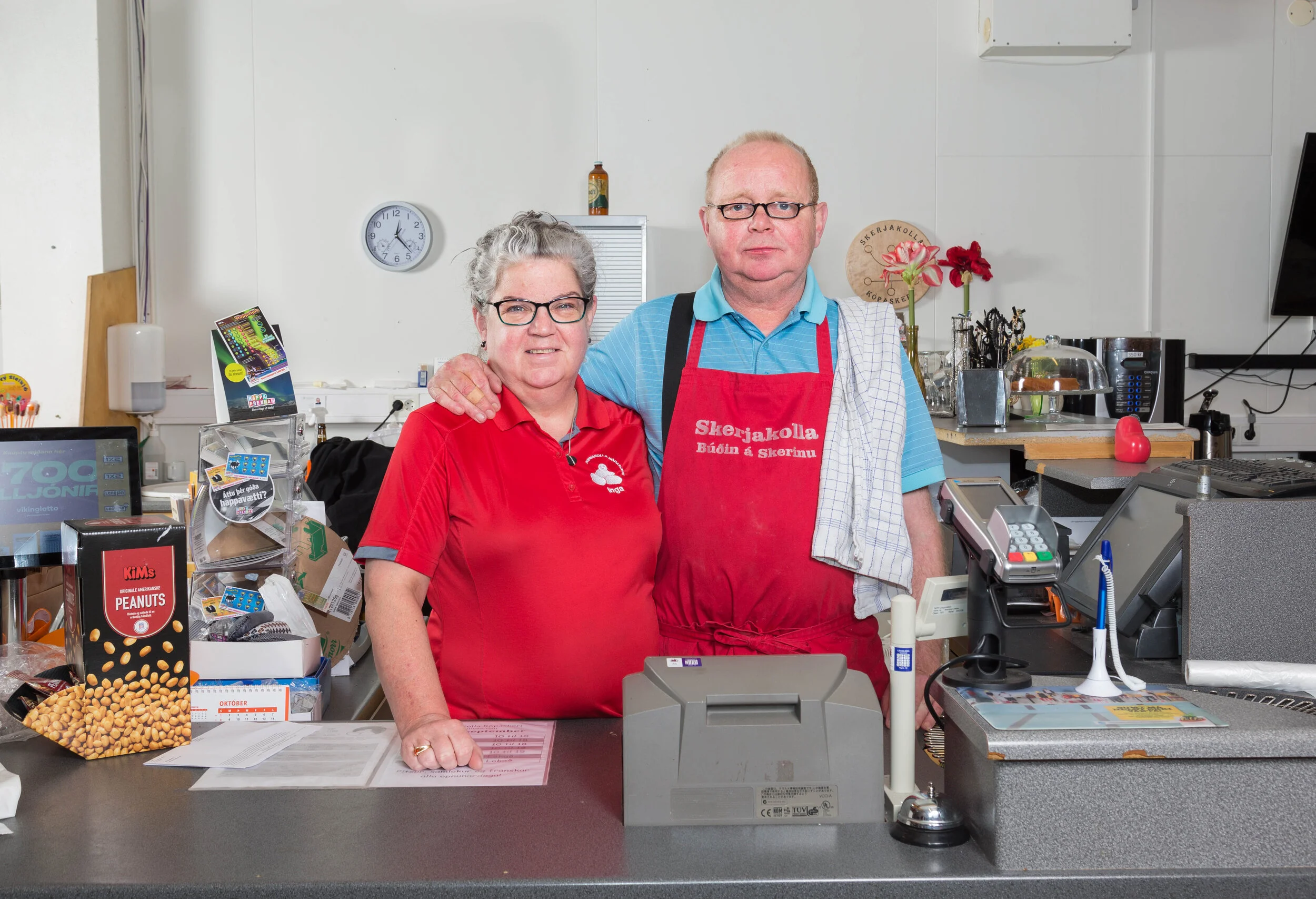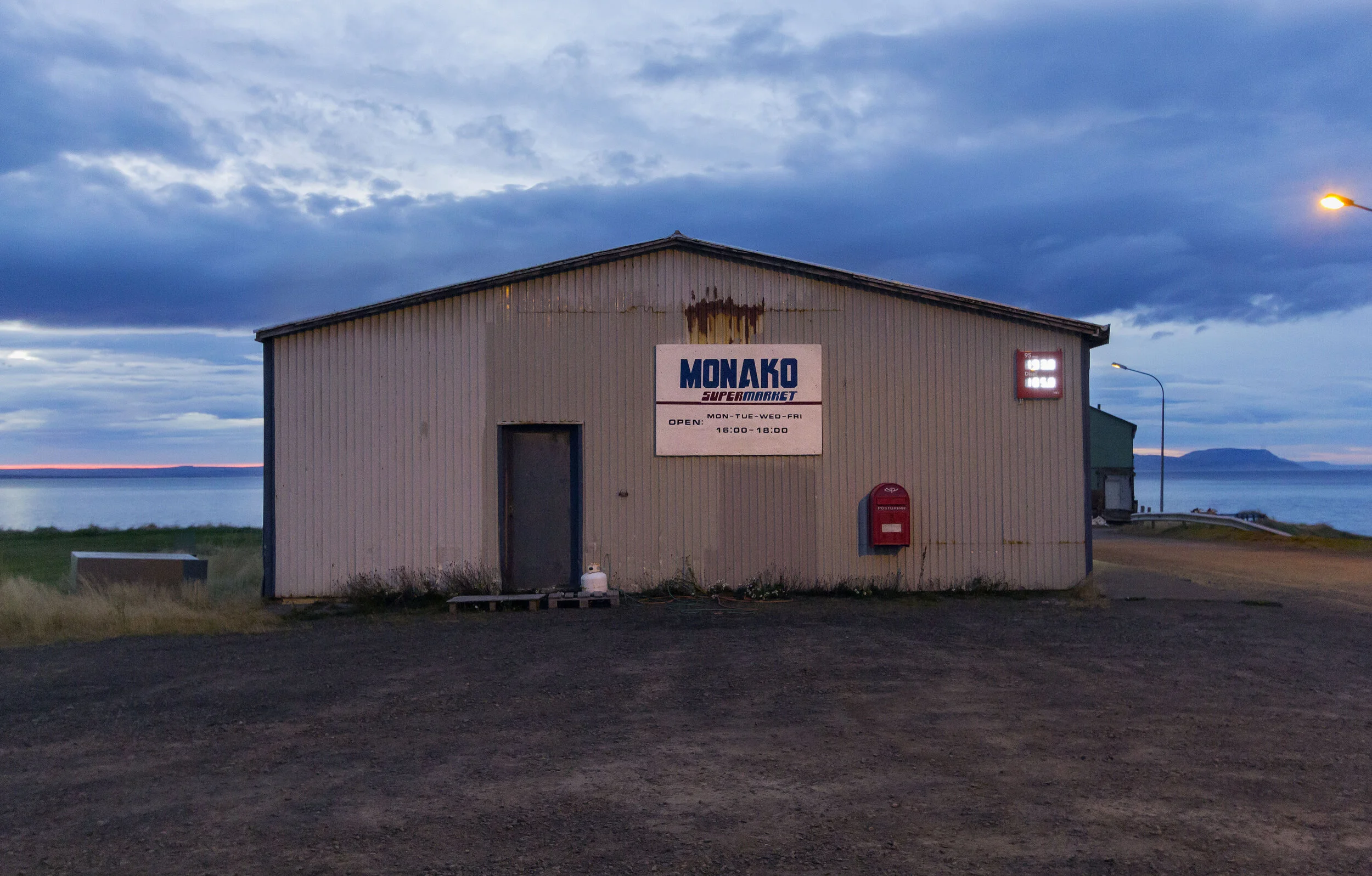Cornershops
During these incredibly strange times that the Covid-19 virus has brought upon us, it has never been more important to reflect upon and support the small businesses that have been providing us with groceries and necessities throughout the decades, something which we now realize that we might have been taking for granted. As a result Tides Magazine thought it would be very fitting to look at this visual series of local retailers in Iceland by photographer Sigríður Marrow.
Sigríður Marrow has a Bachelor Degree in Media and a Master’s Degree in Culture and Communication with a focus on photography. Most of her projects and series are documentation of everyday culture. She also has a teaching diploma and works both as a teacher and photographer. Her work was recently exhibited at Reykjavík museum of photography.
Cornershops
In the mid-nineteenth century, during the golden age of the local retailer, small shops could be found on almost every street corner. Providing much more than just food supplies, grocery stores were an important cornerstone of community life, where people would meet to chat, catch up and exchange news. They were, in effect, social centres, with a much more personalised service than we see in today’s modern supermarkets.
In small-town communities, they often serve as meeting places where residents can discuss everything from politics to personal problems. Many retailers offer home deliveries in addition to providing a safe place to keep things for customers, such as keys. They generally provide a safety net for the whole community offering a sympathetic ear when needed and a safe haven for any kids who are locked out.
Since Sigríður began working on the project in 2016, she has visited 34 independent retailers. She travelled around Iceland and stopped at every grocery store, giving herself time to get to know and interview both the shop owners and customers. During that time, at least five of the local grocery stores she encountered closed for business; turns out it’s hard to compete with the low prices and extensive selection offered in the larger supermarket chains.
The golden age of corner-shop retailers has long past, with only a handful remaining who persevere to keep alive the marvelous spirit of the local grocery store.
The project addresses the disappearing culture of the corner shop using the medium of photography to highlight the distinctive warmth and human spirit so characteristic of such stores. While the subject material reflects a world which still exists, it is one that is rapidly disappearing.


